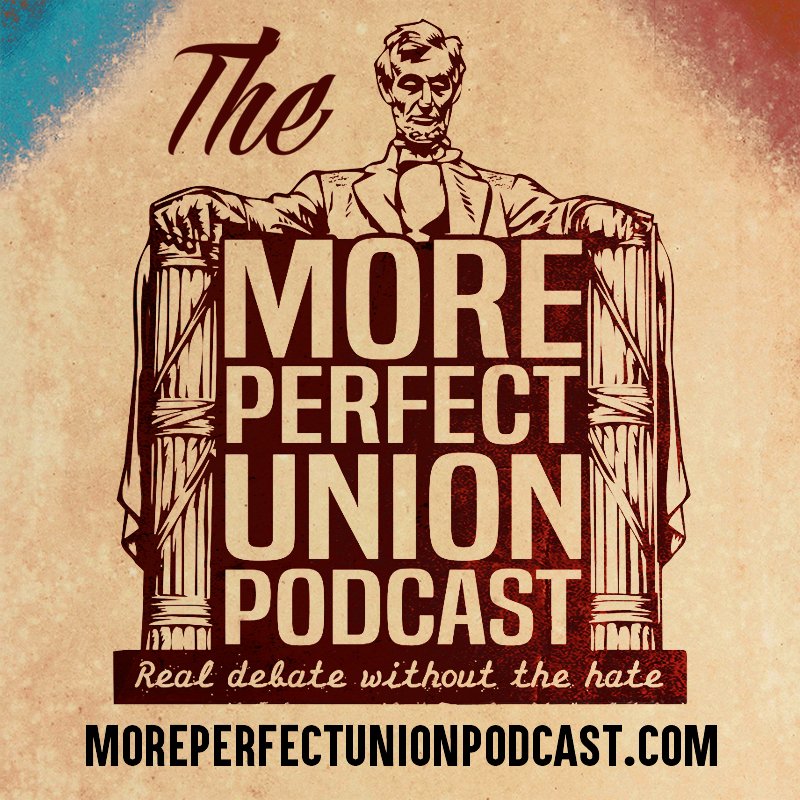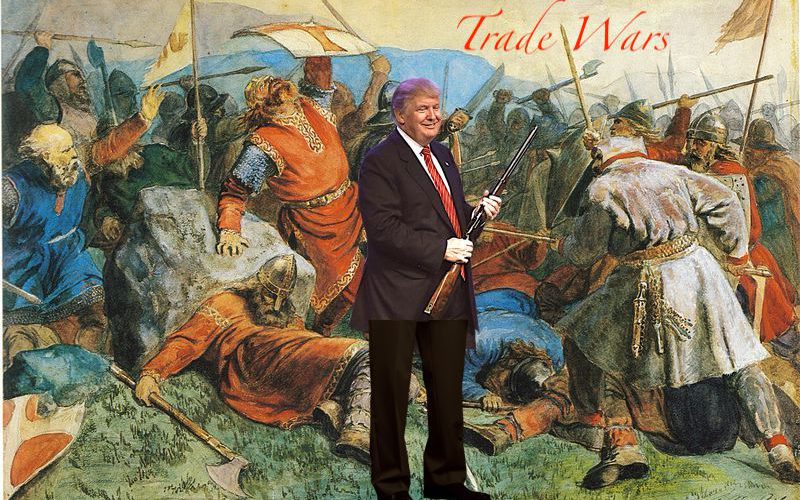The “US-Mexico Trade Agreement” is a step backwards for trade and for America
by D.J. McGuire
Donald Trump did not advance the cause of freer trade with his partial agreement with Mexico. If anything, the “deal” raises barriers to trade rather than lowers them, while moving the North American Free Trade Area closer to the backward and sclerotic model of a customs union – and that assumes he doesn’t exclude Canada. If Canada ends up on the outside looking it, things will be even worse.
As usual, Trump himself gave no details during his Oval Office press conference with his Mexican counterpart – Enrique Pena Nieto – on speaker phone. About the only specifics we got were that Trump wants to “terminate” the North American Free Trade Agreement and replace it with this new agreement, if Canada signs on. If Canada refuses, Trump will slap a 25% auto tariff on them and call it a day.
Oh, and Canada apparently has until Friday to make up its mind (Daniel Dale, Toronto Star).
Even if Canada chooses to shoe-horn itself into this deal, the specifics we now have (CATO, AEI, and Dale) are still a net negative from the status quo. The “North American standard” for cars will be raised to 75% from 62.5% (i.e., unless the car is 75% made in North America, it won’t qualify for being tariff-free). There is a sunset clause (albeit stretched from 5 years, as Trump originally wanted, to 16) with a mandated review every six years. Investment protections were “gutted.” There may even be a new tariff power for the US against any new Mexican cars.
Senator Ben Sasse (R-Nebraska) is already worried (via Megan Cassella, Politico):
…there is reason to worry that this might be a step backward from NAFTA for American families – especially on fundamental issues of presumed presumed expiration of the deal, and empowering government bureaucrats rather than markets to determine the components of cars and other goods.
Indeed it is a step backward, as well as a step toward a serious sovereignty issue – a customs union. Unlike free trade areas, where nations can set whatever trade policies they like with countries not in the FTA, customs unions have uniform trade barriers that all nations must accept. The car percentage requirement is such a barrier; raising it as this agreement does makes it worse.
Again, this is even if Canada ends up in the deal. If not, further disruptions in trade due to Trump’s tariffs are likely. Moreover, whether Canada agrees or not, Trump clearly would like to replace NAFTA with this deal. That requires Congressional approval – trade deals are not treaties, but executive agreements, which means Congress has the power to enact laws that match the agreements, or invalidate agreements by refusing to enact said laws. Will the GOP-controlled Congress finally draw the line and refuse Trump’s demand.
Don’t hold your breath.
This is not an agreement that lowers barriers, but raises them. It does not advance freer trade, but attacks it. It will be more likely to add uncertainty than to alleviate it. It’s a bad deal for Mexico, for the United States, and for the rest of the world.
D.J. McGuire – a self-described progressive conservative – has been part of the More Perfect Union Podcast since 2015







